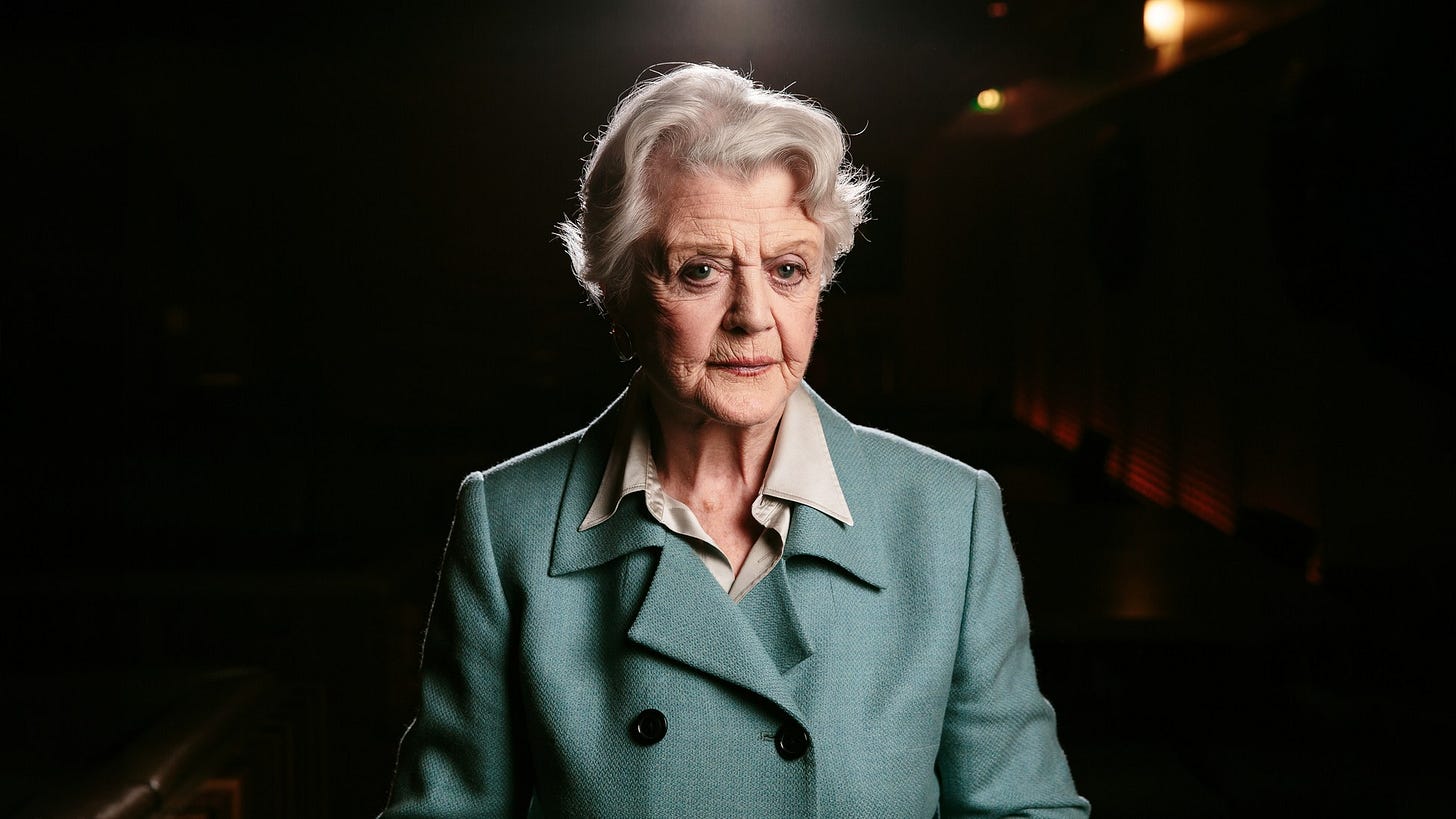10.18.2022
In today’s issue, we review Lyle Lyle Crocodile, the new movie musical adapted from the children’s book with original songs by Benj Pasek and Justin Paul along with Ari Afsar, Emily Gardner Xu Hall, Mark Sonnenblick, and Joriah Kwamé.
9.9 | From D23 we got a Disenchanted trailer [YouTube] and The Little Mermaid teaser [YouTube]
9.15 | Timothée Chalamet reveals he has seven musical numbers in Wonka. [Variety]
10.3 | The trailer for the new Blues Clues movie musical looks utterly delightful. [YouTube]
10.12 | Trailer for the new Christmas musical movie, Spirited, starring Ryan Reynolds and Will Ferrell, coming to theaters November 11 and releasing globally on Apple TV+ on November 18. [YouTube]
10.13 | New trailer for Matilda, the highly anticipated adaptation of Tim Minchin’s stage musical coming to theaters December 9 and Netflix on Christmas Day. The film has already been getting rave reviews from its world premier at the BFI London Film Festival. [YouTube]
You might also like this interview with the film’s director, Matthew Warchus. [Hollywood Reporter]
The world lost another musical theater (and movie) icon last week. Rest in Peace Angela Lansbury. There are many great write ups about her legacy, but David Simms at the The Atlantic chose to revisit her movie musical Bedknobs and Broomsticks. [The Atlantic]
10.12 | A fun tidbit that came to light is that Angela Lansbury and Stephen Sondheim will both appear posthumously in Rian Johnson’s, Glass Onion. [AV Club]
By Matt Andrews
Finally got out to see the new movie musical, Lyle Lyle Crocodile. All things considered, I enjoyed it quite a bit. It was super weird (in a good way), it had a charming story, beautiful animation, and some memorable performances. With that said, I have never seen an on-screen couple have worse chemistry than Scoot McNairy and Constance Wu. Did you know they’re only four years apart in age? On-screen it looks more like 40. I’m worried about Scoot, he looks awful. But someone give Constance Wu a musical, stat. Moving on, the movie prompted some interesting questions to me—do musicals need rules for the function of their music? Can a musical work if the protagonist never sings? (no, Lyle is not the protagonist of this self-titled feature film.) And finally, when does a movie merit the classification of musical?
Quick lesson before we move on. In musicals, songs are either diegetic or non-diegetic. Diegetic means that the source of the music is on screen (ie. the actor is actually performing a song for someone else). These are usually not from the characters point of view, and don’t usually move the plot forward. They are external. Non-diegetic means the songs are internal. The source of the music is the song itself. The songs ARE the characters. Sometimes songs start diegetic, and then become non-diegetic. Some are even both at the same time, such as in Schmigadoon where the songs function as non-diegetic for the townspeople and diegetic for our protagonists—who can hear the music despite it not having any source.
The film alternates between diegetic and non-diegetic musical numbers. The first song (“Take A Look At Us Now”) opens with Hector P. Valenti on the piano but then turns into a non-diegetic song with a dance montage of Lyle learning to perform. It seemed like a natural transition into a full-on musical that would remain as non-diegetic for the rest of the film. But, obviously it can’t because the whole gimmick of the movie is that Lyle can only communicate through singing. So therefore, every song that comes out of Lyle’s mouth should be diegetic because the movie acknowledges he is literally singing, but the accompanying music certainly doesn’t have a source. And if it was diegetic, Constance Wu wouldn’t just know the words all of a sudden in “Rip Up The Recipe.” Logic begins to collapse in on itself in this movie. This is why musicals that need a gimmick to justify being a musical get on my nerves, but in this case I just didn’t care and was able to enjoy the chaos—perhaps, because it’s a kids movie.
Lyle is the only character to sing every song. Lyle is also the character with the least amount of agency in the story—which is about the human characters. They are affected by Lyle’s musical nature and lifestyle, but also make all the decisions for him. He’s basically a perfect character with no flaws. It’s only when the humans realize they can’t change him, that the story resolves. So his songs are never about change—which seems pretty important for a musical. If anything the songs are his unchanging beliefs, that serve as lessons for the other characters (“Top of the World,” “Rip Up The Recipe”) or about justifying what the humans did to him (“Carried Away”). It’s not until the final song that our main character, Josh (the kid), sings—which, honestly, is effective in solidifying his change as a character.
With all that in mind, the question is: does this qualify as a musical? As mentioned, the movie opens with “Take A Look At Us Now” which is great. But then there’s not another song for 30 minutes. Total, this movie only has four original songs that are sung—though “Take A Look At Us Now” has 3 reprises (the final of which is a diegetic performance). So how many original songs are required for something to classify a feature length musical? There’s gotta be a number. It can’t be one. Two to three seems too low. Maybe four is the magic number. The Lion King surprisingly only has five. Worth mentioning that Lyle Lyle also has one additional song sung by Anthony Ramos that is used as score (ie. no one sings it). Yes, I know what you’re thinking—no one sings “Can You Feel The Love Tonight?,” so why does that count? Well, Timon & Pumbaa sing the first verse and if you read our Lion King breakdown, we conclude it’s the voice of God). Pacing is also a key factor here. The Lion King never goes without a song long enough for you to forget it’s a musical, but Lyle’s songs are poorly distributed. Most musicals are top heavy and Lyle is definitely bottom heavy, just like alligators (don’t fact check that).
In summary, it’s frustrating when a musical doesn’t commit to being a musical full-heartedly. With flimsy rules, songs that don’t progress the story, and a disappointingly low number of songs, this film seems to exist in some weird musical purgatory. I will call it a failed musical and an enjoyable, if mediocre, movie.














Loved this review. Very informative. Didn’t know the diagetic/ non terminology. Cool!